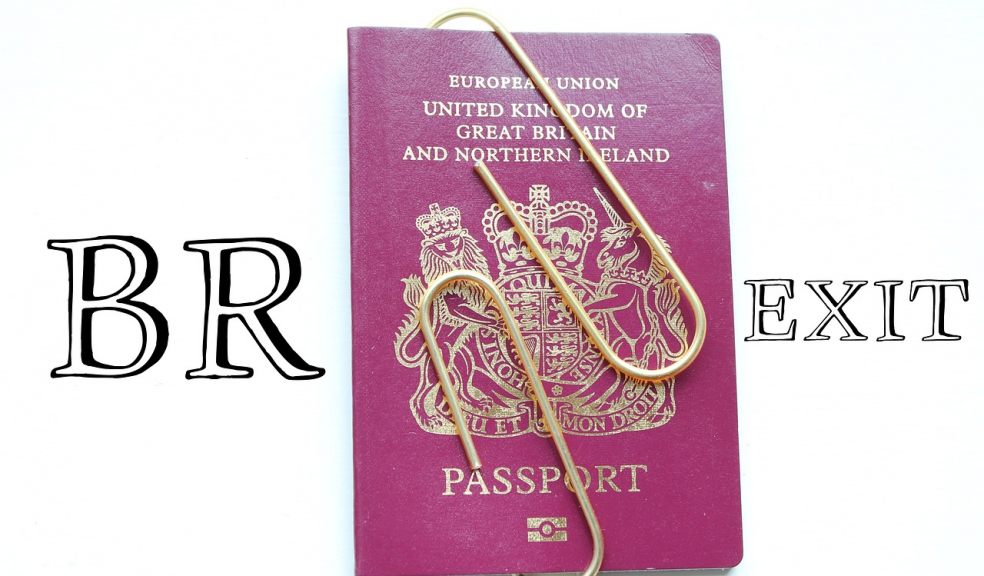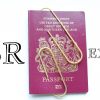
Post-Brexit travel tips
Incredibly, more than three years after the EU referendum in 2016, we're still no nearer to knowing whether the UK will stay in the European Union. Brexit still makes the front pages every day – it's hard to remember a single political topic that's dominated the news as much in recent years.
The uncertainty over Brexit has had a big impact on the travel industry, with some holidaymakers preferring to stay in the UK to be on the safe side. But let's suppose that Brexit does happen – what will that mean for British holidaymakers? Here are some common-sense tips that will ensure your holiday will be one to remember for all the right reasons.
1. Pick destinations outside the EU
By travelling to non-EU destinations, you will avoid any post-Brexit problems at a stroke. Your money is likely to stretch a little further, too, given that the pound has fallen markedly against the euro in recent years. Ian Crawford, a representative of travel retailer Holiday Hypermarket, said: 'I'm sure that provisions will be made for travelling to EU countries post-Brexit, but in the meantime, one option would be to look further afield than Europe to be absolutely sure that there'll be no issues with passports or visas, such as the Caribbean, for example. Alternatively, travellers can opt for countries that are in Europe but not in the EU, such as Turkey or Norway.'
2. Passports at the ready
Post-Brexit, your passport will be fine for trips to EU countries, but while you currently need at least six months remaining on it, this figure may increase to anything up to 15 months. Follow the UK Government's passport advice and you won't go wrong, but be ready to renew your passport if it's coming to the end of its lifespan.
3. Check your EU roaming rules with your mobile-phone provider
At the moment, you can use your mobile-phone data bundle while travelling in the EU, avoiding pricy roaming charges, thanks to EU law. But if Brexit happens, mobile-phone operators will be free to set their own prices for UK mobiles used in EU countries. Having said that, the big companies have already declared that they are highly likely to keep the situation as it is now. And even if new charges come in, UK law will impose a £45 maximum charge for Brits using mobile data abroad in the event of a no-deal Brexit. But it's definitely worth contacting your phone provider before you travel to double-check.
4. Make sure you have travel insurance
If Brexit happens, a deal will have to be struck between the UK and EU countries over health care. Currently, all EU citizens with a European Health Insurance Card (EHIC) are eligible for state medical care while visiting another EU country, but there's no guarantee this will continue post-Brexit. To avoid costly fees, make sure you have a decent level of travel insurance, which covers medical bills, at least until a deal is done between the UK and its neighbours. If you're making more than one trip, an annual policy usually works out much cheaper than individual ones in the long run.
5. Get an International Driving Permit
If you've got a full UK driving licence, at the moment you're allowed to drive in the EU, but once Brexit happens, you're going to need an International Driving Permit (IDP) as well as your driving licence. This will be the case whether you're taking your own car to the EU or hiring a car once you're there – and if you are taking your own car, you'll need a 'green card' from your insurance company, and a 'GB' sticker. You can order an IDP from the Post Office.
It's impossible to predict what life will be like for holidaymakers if the UK leaves the European Union. But with this post-Brexit travel survival kit, you'll be as best prepared as possible.




















